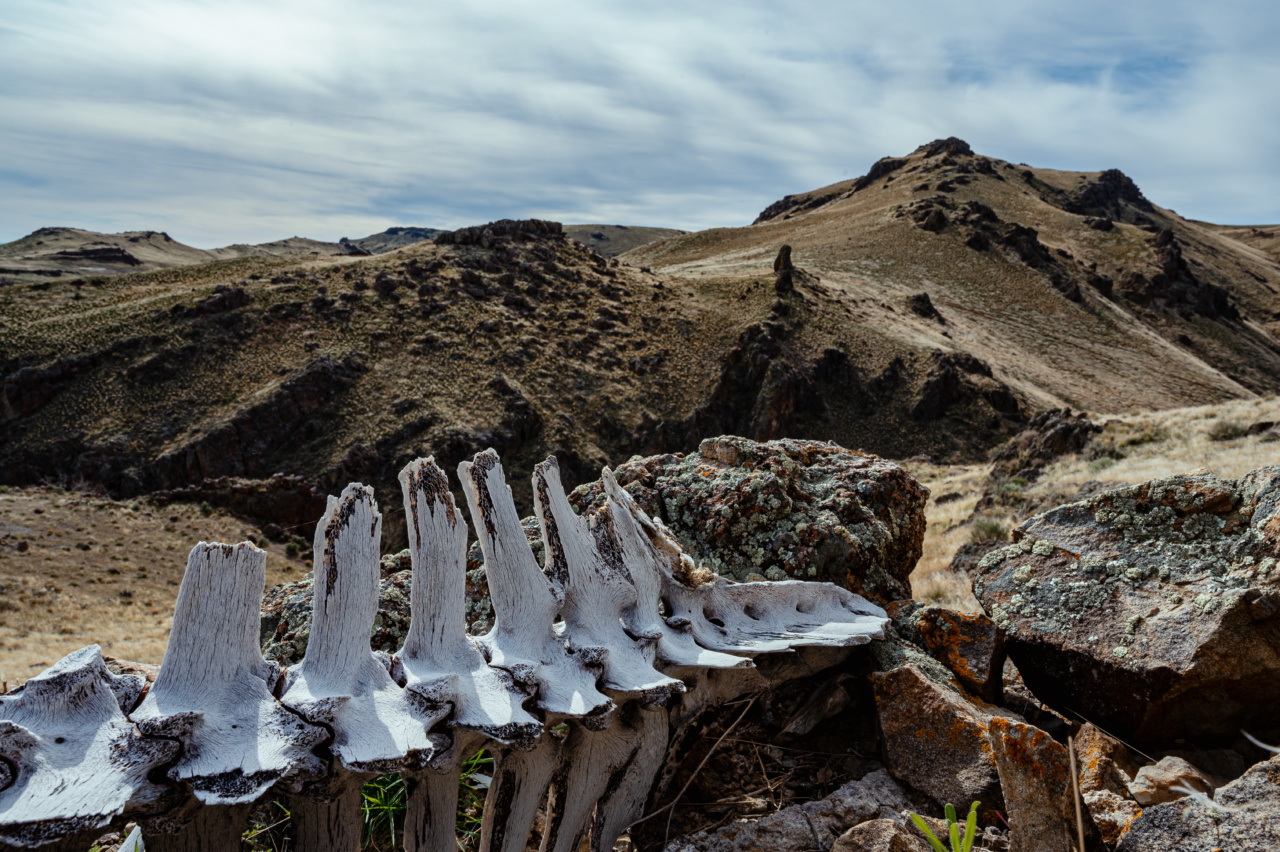Kidney stones are a common medical condition that affects millions of people worldwide. These hard deposits, composed of minerals and salts, can form in the kidneys and often cause excruciating pain when they pass through the urinary tract.
While various factors contribute to the formation of kidney stones, recent research has shed light on a potential link between kidney stones and bone health. This article will explore the findings of these studies and discuss the implications they have on our understanding of both conditions.
What are kidney stones?
Kidney stones, also known as renal calculi, are solid masses that form in the kidneys. They can vary in size, with some being as small as a grain of sand while others may grow to be several centimeters in diameter.
Kidney stones are mainly composed of calcium oxalate, but they can also consist of other substances such as uric acid, struvite, or cystine, depending on the underlying causes.
Symptoms and causes of kidney stones
The symptoms of kidney stones vary depending on their size and location within the urinary tract. Small stones may not cause any noticeable symptoms and can often pass out of the body without intervention.
However, larger stones may cause severe pain in the back or lower abdomen, frequent urination, blood in urine, and a persistent urge to urinate.
Various factors contribute to the formation of kidney stones. Dehydration, a diet high in sodium, low fluid intake, obesity, and certain medical conditions such as hyperparathyroidism or gout can increase the risk of developing kidney stones.
Additionally, a family history of kidney stones and certain medications can also play a role.
The connection between kidney stones and bone health
Recent studies have shown a substantial link between kidney stones and bone health. Researchers have discovered that individuals with a history of kidney stones are more likely to develop bone-related disorders such as osteoporosis and osteopenia.
Osteoporosis is a condition characterized by weak and brittle bones, while osteopenia refers to low bone mineral density, which can be an early sign of osteoporosis.
One of the main reasons for this association is the shared risk factors that contribute to both kidney stones and bone disorders.
For instance, low fluid intake, high calcium excretion, and a sedentary lifestyle can increase the likelihood of developing both kidney stones and weak bones.
Calcium metabolism and its role
Calcium plays a crucial role in both kidney stone formation and bone health. In individuals prone to kidney stones, excess calcium excretion in the urine can contribute to the growth of stones.
However, when calcium intake is insufficient, the body starts to extract calcium from the bones, leading to a decrease in bone density and an increased risk of fractures.
Furthermore, certain medical conditions that affect calcium metabolism, such as hyperparathyroidism, can further disrupt the delicate balance between calcium absorption, excretion, and bone remodeling.
This imbalance can result in both kidney stones and bone health issues.
Implications for prevention and treatment
Understanding the link between kidney stones and bone health can have significant implications for both prevention and treatment strategies.
Medical professionals can now take a more holistic approach in managing patients with kidney stones, ensuring that bone health is also addressed.
Preventive measures may include increasing fluid intake, reducing dietary sodium, and incorporating calcium-rich foods into the diet.
Additionally, ensuring an adequate intake of Vitamin D, which aids in calcium absorption, can be beneficial for both kidney stone prevention and bone health.
For individuals with a history of kidney stones, regular monitoring of bone density and bone health assessments can help identify early signs of osteoporosis or osteopenia.
This enables timely interventions such as lifestyle modifications, calcium and Vitamin D supplementation, or medications to prevent further bone loss.
Conclusion
The research linking kidney stones and bone health has provided valuable insights into the shared risk factors and mechanisms underlying both conditions.
By recognizing this connection, healthcare professionals can take proactive steps to address the needs of patients with kidney stones, ensuring well-rounded care that encompasses bone health management. Further research in this area will contribute to an even deeper understanding of these conditions, potentially leading to more effective preventive strategies and treatments.






























